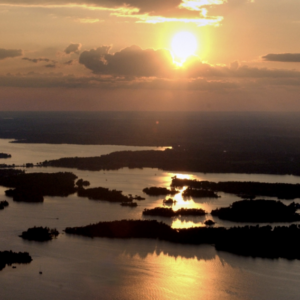How to Take Action & Protect Waterways
Protecting our waterways is important for wildlife species and humans alike, here are a few simple practices that we can take to help preserve the health of all bodies of water.
1. Shoreline Clean Up
Participate in, or to organize a shoreline clean up! A clean-up consists of volunteers walking along a river, lake or ocean’s shoreline and picking up garbage and debris. This is helpful because it prevents tonnes of garbage and debris from going into, or back into rivers.
2. Report Illegal Dumping
Another way to get involved is to report illegal river dumping and pollution. We are all aware that there are people and companies that feel free to dump garbage and harmful pollutants into our rivers. These individuals and/or organizations should be reported so that they can be stopped, as their actions can harm any person or animal that comes in contact with tainted water. Reports of illegal dumping and pollution can be made to the respective authorities in each province, or city.
One of the many reasons that pollution takes place is because perpetrators constantly get away with it and aren’t held accountable for their actions. There are many groups that seek to protect the environment and work hard to stop these instances of pollution from occurring. Making these groups aware of what is happening, or better yet, getting involved with them can have a great impact as they can put forth a diligent effort to stop illegal activity.
3. Prevent pollution year round
- Change fertilizers, herbicides, and pesticides. If you use fertilizer, herbicides, and pesticides, it is best to use environmentally-friendly products so that your plants, flowers, and crops are protected, as well as all water systems that ultimately lead to waterways.
- Call for legislative reforms and policies. After reporting illegal dumping and pollution, you can follow up with elected officials about enacting and enforcing policies to keep our waterways safe.
- Don’t flush or pour harmful chemicals down your drains. This is probably one of the easiest tips to follow. Always remember to properly dispose of any harmful chemicals you use.
- Plant vegetation to help stop stormwater runoff. Trees and small bushes help ensure that stormwater runoff is reduced and help to safely transmit rain back to the river.
- Educate others on the problem. Tell others about lake, river and ocean conservation can help raise awareness, and increase the number of people taking action.



